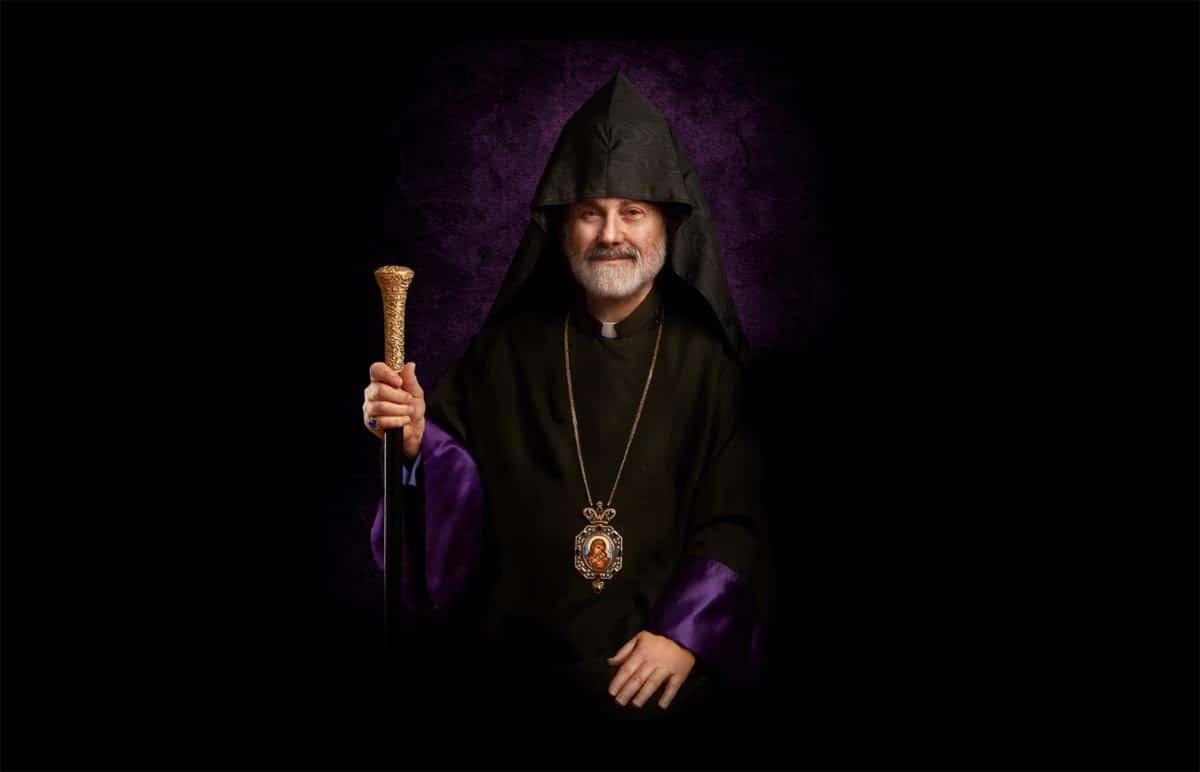The Prelate’s Sermon
Sunday, September 18
Today, on the second Sunday of the Feast of the Elevation of the Cross, the Gospel reading is from Saint Mark 10:1-12. The Evangelist narrates that one day as Jesus is preaching, the Pharisees approach Him, and ask whether divorce is permissible. Our Lord, knowing that they were testing Him, in His own turn asks what Moses had commanded of them. After receiving the answer that it was permissible, Jesus rebukes the Pharisees and says, “Because of the hardness of your hearts Moses permitted divorce, but from the beginning of creation, it was not intended to be so.”
Our human nature, having been demoralized through sin, unfortunately has lost its original way of functioning as designed by the Creator. In the Old Testament, it is obvious that husbands were allowed to divorce their wives based upon certain circumstances (though wives were not given the same permission), while in contemporary society much has been changed. Within the parameters of a sermon, it is not possible to discuss all the details relating this poignant social issue. Rather, I would like to share a few thoughts derived from today’s Epistle of Saint Paul which might provide a healthy and realistic approach to the topic of divorce.
Saint Paul, in his second letter addressed to the Corinthians, says: “I feel a divine jealousy for you, for I promised you in marriage to one husband, to present you as a chaste virgin to Christ. But I am afraid that as the serpent deceived Eve by its cunning, your thoughts will be led astray from a sincere and pure devotion to Christ” (2 Cor 11:2-3).
The description of marriage as a union between the faithful and Christ is rooted in the Old Testament as well as in our Lord’s teaching. The book of the Song of Songs is interpreted both by Old Testament authorities and Church Fathers as the sacred love between God and His people. Through the parable of the ten virgins (Matt 25:1-13), Jesus also expressed this mystic relationship, which is Love, manifested on the Cross and described in 1 Cor 13:4-7. The characteristic of this bond is free from our secular understanding of lordship and submission, and instead it is based upon a mutual, caring and sharing commitment, full of positive spirit, partnership, cooperation and enjoying the fullness of life. Our Lord Jesus Christ, by word and deed, exemplified this truth with the parable of “Good Shepherd” by saying, “The good shepherd lays down his life for the sheep” (Jn 10:11). Jesus shed His sacred Blood for our Redemption and distinctly claimed that “all who love me will do what I say” (Jn 12:23).
Saint Paul, by saying “I presented you in marriage to one husband, to present you as a chaste virgin,” refreshes this unique and spiritual relationship between the Almighty Lord and the believers. The virtue of chastity mirrors purity free from all kinds of filthiness, guile, and ego-centric interest, etc. God is Holy, and in order to be in communion with Him, the believers are expected to be pure in flesh, mind, and soul, as God Himself commanded: “Be holy for I am holy” (Lev 11:44). The outcome of this freely offered, mutual relationship established by the Creator and the loving Lord of lords is eternal life and joy.
The Church Fathers, being aware of the fragility of this relationship due to the weakness of our human nature, have described this defective condition of ours as a form of “widowhood.” A hymn dedicated to the fifth Sunday of the Great Lent, entitled in the Armenian Church as the Sunday of the Judge, says, “O Heavenly Groom of your earthly bride, Your church, cleanse with Your mercy our souls widowed from You and join us again in unity to You.”
It is a great blessing to know how the Scriptures by all means try to teach us and make us aware of the most precious relationship God has initiated with us, and constantly invites us, in spite of all failings, to renew our bond with Him in love and purity. Therefore, let us hearken and wholeheartedly commit ourselves to celebrate that mystic oneness as a bride ready to welcome the heavenly Groom, who may come at an unexpected time (Mt 25:6), and invites us to enter the Heavenly Kingdom, the eternal nuptial chamber, and praise the All-Holy Trinity. Amen.

